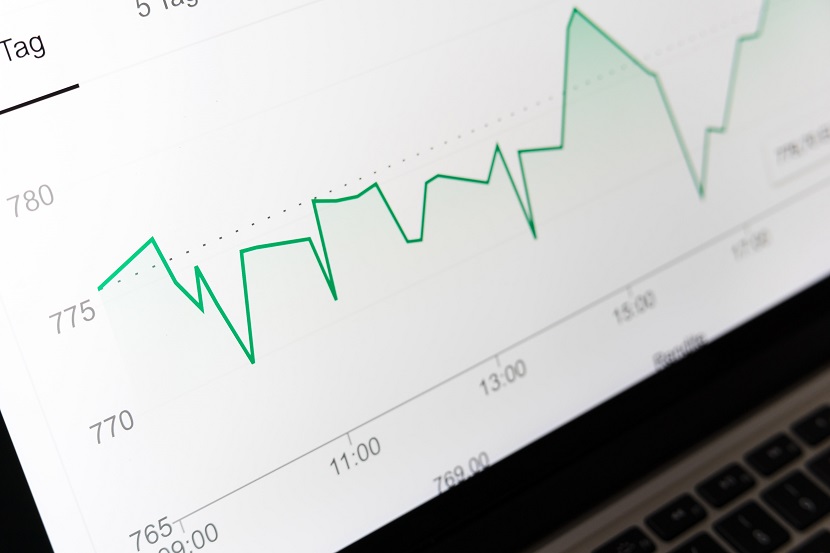Risk appetite for US equities fell to -16% in September, on account of worries about stagflation.
According to recent research from S&P Global, US equities investors are feeling particularly risk adverse due to worries about an impending recession and stubbornly high inflation.
Investors expect more short-term market losses, according to the company’s September Investment Management Index poll, as a result of worries about the macroeconomic outlook and earnings growth.
A month later, its Risk Appetite Index, which is based on information from about 100 institutional investors, marked a drop from -13% to -16% in September.
Even though eight out of ten investors believe a recession is likely to occur during the next 12 months, only one out of ten believe it will be severe.
Despite the fact that most people think inflation has peaked, the poll found that investors expected it to continue to be high and a key issue. Approximately 80% of survey participants think this will continue through the end of the year and into 2023.
Although nearly a fifth of respondents believed that the upward pressure on prices will abruptly abate in the months to come, suggesting that the worst of inflation has passed, only 3% of respondents expect that inflation will climb further in 2023.
The global macroeconomic environment, central bank policy, and political environment were judged to be the main drags on the US equities market, respectively.
Even if sentiment has cooled, shareholder returns are the one thing that investors still view favorably. However, the drag from equities fundamentals reached a new poll high as a result of mounting concerns over the earnings outlook, which are in turn related to concerns about a potential recession and high inflation.
Positive mood has also been seen in IT and technology, but sentiment in industrials and basic materials has fallen to new poll lows.
The executive director of S&P Global Market Intelligence, Chris Williamson, commented on the findings. He stated that investor sentiment remained heavily negative in September, reflecting increased risk aversion and the second-lowest expectation of near-term market performance seen over the past two years.
He added that the good news was that any recession was generally expected to be mild, and inflation was widely believed to have peaked. However, he warned that there was clearly much doom and gloom persisting, particularly for consumer discretionary and real estate sectors. Williamson continued that Survey-high pessimism was also now evident for industrials and basic materials as economic headwinds intensified.



